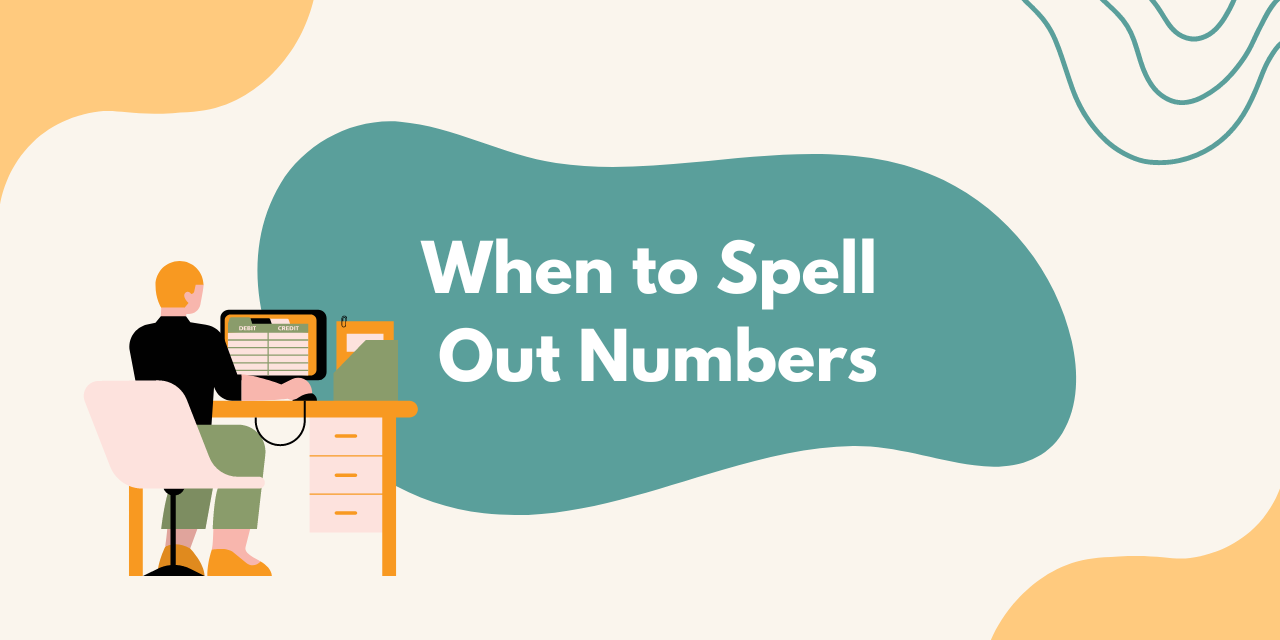Did you know that alright is not an accepted spelling of all right? Although one can see the one-world spelling in informal writing, editors (as well as teachers) will always mark it as incorrect. In order to properly use the expression, one must separate the words: all right.
Perhaps the first time you encountered this issue was when your English teacher flagged alright as wrong. It is also possible that your English teacher had no quarrel with the one-word spelling back in school. Maybe the reason you are researching the difference between alright and all right is because your co-worker or editor has challenged your spelling, making it the first time it’s been brought to your attention.
So what’s the story here? How have you been spelling it erroneously your whole life?
The Evolution of Spelling
The subject of etymology – the genesis and historical evolution of words – is an absolutely fascinating one. Like genetic traits in various species, words evolve in spelling over time (albeit much faster!).
In the case of the adverb/adjective all right, the accepted spelling is currently in flux. The process of change is long. Sometimes, hundreds of years are needed for a variant spelling of a word, or in the case of all right a two-word compound, to take root to a point where it is considered correct.
The History of Alright vs. All Right
We first see alright in the late 19th century with figures like Mark Twain integrating it in their writing. Little by little, it crept into our informal communication – both in fiction writing and reality. Interestingly enough, this is true for both American English and British. It’s not hard to see why most predict that eventually, alright will be accepted. A series of other compounds that start with “all” have dropped the second l and truncated into a single word: almost, always, although, altogether and already.
Now, it’s worth noting that some of the words have changed slightly in meaning after the contraction, and alright – for now at least – is still completely synonymous with all right.
Is Alright Ever All Right to Use?
Well, the quick answer is no. The reasons for this are twofold. The first reason is that for the moment alright is not accepted by any established dictionary as a correct spelling. While the Cambridge Dictionary denotes it as a “non standard form of all right,” it is otherwise marked as wrong or simply not listed.
To further hammer in the nail in the coffin, reputed style guides such as the AP Stylebook or the Chicago Manual of Style forbid its use outright. There is also the issue of meaning. In some contexts, alright will not convey the same message, while its acceptable counterpart all right will work in every situation. Both words mean “acceptable,” “satisfactory,” “okay,” or “safe,” yet all right can also have other meanings.
- The team’s future market trend predictions were alright.
This relates a feeling of adequate acceptability. Nothing spectacular.
- The team’s future market trend predictions were all right.
With the two words separated, the meaning conveys that all of the predictions were correct, but it could also mean that the team did their job well and succeeded in their task of predicting future market trends. Granted, the meaning would be improved by another clarifying phrase to reduce ambiguity, but the spelling would be considered grammatically accurate.
Rule of Thumb
As a general rule, if you do not wish to put your reputation as a speller at risk, avoid using alright, even in informal writing. You can never go wrong with the two-word variant. Simply put, all right is always all right.
And if you have a special affinity for alright and would like to contribute to its long-haul fight for acceptance, limit it to texts between family and friends.
If you are a spelling aficionado, here is little spelling quiz we have to test your mastery!






